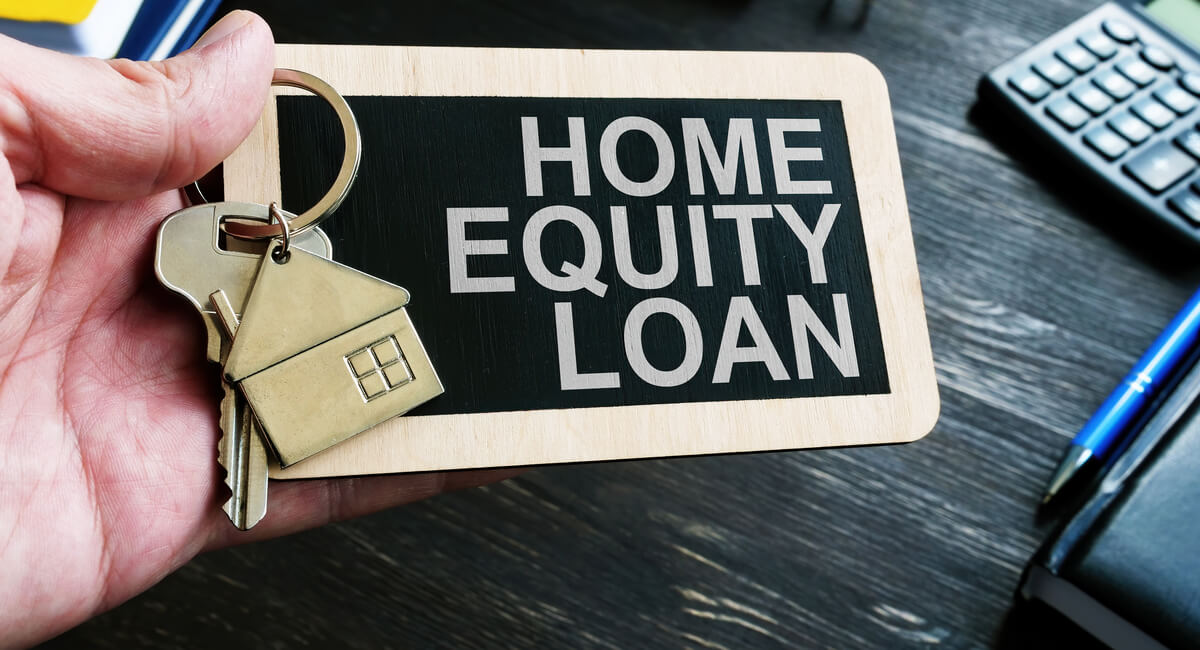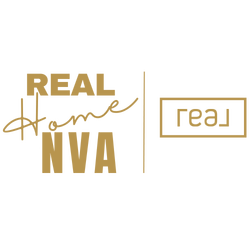Renovating your home can be an exciting and rewarding process, but it’s also an expensive undertaking. Even a small kitchen or bathroom renovation can end up costing thousands of dollars. To ensure your renovation is a positive experience rather than a stressful one, begin with a clear and reasonable financing plan. Knowing that you have the funds to cover your renovation will help you keep your peace of mind throughout the project.
Fortunately, homeowners have plenty of options for funding renovations. Here are some of the most common sources of financing:

Home Renovation Loan
Many banks and credit unions offer home improvement loans, which function similarly to personal loans. After being approved for the loan, you receive the full amount of funding fairly quickly. The interest rate and size of the loan depend mostly on your credit history, making it a reasonable option for homeowners with good credit. If your credit score is low, you may face unfavorably high rates on a home improvement loan.
Home improvement loans are unsecured, which means your lender will not use your home as collateral. Defaulting on the loan can still have serious repercussions for your finances, but you don’t need to worry about losing your home if you miss payments.
Compared to home equity loans, home improvement loans are usually smaller in size. However, you can likely fund a small or midsize project with a home improvement loan. For a massive project, you may need to seek additional funding sources.

Cash-out Refinance
Cash-out refinancing replaces your current mortgage with a larger loan. Then, you receive the difference between the old and new mortgages in cash. You can use these funds for a renovation or for any other expenses you encounter.
A cash-out refinance can be a great way to access funds for a renovation, especially if you have a lot of equity in your home. However, there are several potential drawbacks homeowners should be aware of. When refinancing, you have to pay for an appraisal and closing costs, which can amount to several thousand dollars. These costs may eat away at your renovation funds and make the refinance a less appealing option. Additionally, unless you choose a loan with a shorter term, you’ll be extending the lifespan of your mortgage.
When you refinance, you also get a new interest rate on your home loan. If you can secure a lower rate than your original mortgage, you may be able to receive cash while also lowering your monthly payment. If rates have increased since you signed for the initial home loan, refinancing is probably not in your best interest.

Home Equity Line of Credit
A HELOC, or home equity line of credit, allows you to borrow against your home’s equity. A line of credit is similar to a credit card. You have a set credit limit but don’t have to borrow the full amount, and you only pay interest on what you’ve borrowed.
Most HELOCs allow you to borrow up to 85% of your home’s value, so borrowers should have at least 15% to 20% equity in their homes. In most cases, borrowers have 10 years to use the line of credit and 20 years to repay the debt.
HELOCs have variable interest rates, which can always be risky. However, HELOC interest rates are typically lower than personal loan rates. A HELOC uses your home as collateral, which means you risk losing your home if you can’t repay the loan.
The biggest advantage to a HELOC for a home renovation is that the funding is flexible. You can pull money from the line of credit as you need it. This is particularly helpful for extensive, long-term renovations. As new costs arise over the course of the project, you can continue to tap into the line of credit.
Home Equity Loan
Home equity loans are similar to HELOCs in that you borrow against your home’s equity. Your home is also used as collateral, which creates a strong incentive for you to make your payments on time. Unlike a HELOC, though, you receive a home equity loan as a lump sum and pay the debt back in fixed monthly payments. Most home equity loans have fixed interest rates, so you don’t have to worry about your payments fluctuating.
Home equity loans usually have lower rates than personal loans. If you have a lot of equity in your property, a home equity loan gives you access to a sizable amount of funding. A home equity loan may be the best choice for you if you know exactly how much your renovation will cost. If you’re unsure what the project will cost, the flexibility of a HELOC may be more appealing to you.

Government Funding
There are several government programs that may assist with your renovation project. For example, an FHA Title 1 loan offers funding for home improvements and repairs. The maximum loan amount for a single-family home is $25,000, and the repayment term is usually 20 years. Most loans under $7,500 are unsecured, but larger loans require your home as collateral.
Another FHA option is a 203(k) loan, which allows borrowers to either purchase or refinance a property and roll the renovation costs into the loan. FHA 203(k) loans set restrictions on how you can use the renovation funds. The loan cannot be used for luxury improvements, such as installing a swimming pool or satellite dish. Additionally, the project must be completed by a contractor and be finished within six months of closing.
The Fannie Mae HomeStyle loan program is similar to the FHA 203(k) option but offers much more flexibility. This loan is backed by the government and allows you to include renovation costs in your refinance, but it sets very few restrictions on what types of projects you can complete with the funds. You must work with a qualified contractor and provide your lender with a construction contract that details your plans for the project.
The federal government also offers loans and grants for home repairs to certain populations. Low-income homeowners may qualify for the Weatherization Assistance Program, which funds improvements that make properties more energy-efficient. Native Americans, veterans, and low-income rural homeowners may also qualify for financial assistance with home improvements.
Paying in Cash
Paying for a renovation in cash may seem impossible, but it’s the most financially sound option. By paying in cash, you avoid accumulating hundreds or even thousands of dollars in interest. You also don’t have to put your home up as collateral.
As tempting as it may be to take out a loan to start your renovation project immediately, saving up cash for a few years instead could save you a lot of stress. This is an especially important consideration for homeowners who don’t have a great credit history. You don’t want your home improvement project to become another negative mark on your credit report.
BOTTOM LINE
There are plenty of options for funding your dream home renovations. If mortgage rates are low, a cash-out refinance can work in your favor. If you have enough equity, a HELOC or home equity loan may be the best choice. A personal loan from a bank or credit union is a feasible option for smaller projects. If you qualify, government-backed loans and grants offer many benefits. All options have their pros and cons, so you have to consider your unique financial situation as well as the scope of your project.
As always . . .
Be sure to check out the:
- Home Valuation Tool
- Reach out for your personalized Home Value Report
- Calculate your future mortgage
Don’t forget the Home Buying and Selling Guides !
Never miss an issue by subscribing below and I look forward to speaking with you soon about your free Home Preparation and Market Analysis consultation!




